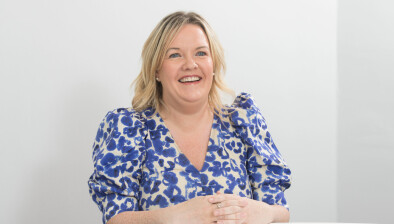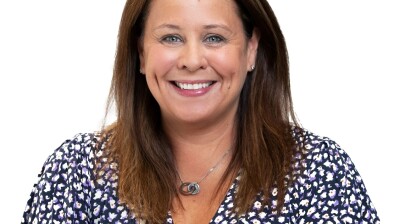Greg McNally: Budget’s new VAT relief will boost business donations to charity and cut landfill waste
Greg McNally
A major VAT reform announced in the Budget will remove a longstanding tax charge that has discouraged businesses from donating surplus goods to charity, Greg McNally writes.
The new relief, due to take effect from 1 April 2026, is designed to stop usable products being sent unnecessarily to landfill because businesses are currently required to account for VAT when gifting goods.
Under the current VAT system, when a business gives goods away, even to a charity, it must account for VAT on a deemed supply basis, meaning some companies choose to dispose of unsold or returned stock rather than incur a tax bill.
The new relief removes this VAT cost entirely for goods donated to organisations that are HMRC-registered charities and, where required, their charity regulator.
The change follows an extensive consultation, which received positive feedback from charities, businesses, and sector bodies. The Treasury says the final rules will be simple, practical and effective in increasing donations across a wide range of charitable activities.
HMRC considered extending eligibility to social enterprises and unregistered community groups but ultimately restricted the relief to registered charities on the basis that they are subject to established governance and transparency rules, reducing the risk of fraud or misuse.
Crucially, the relief will not be limited to charities with “poverty relief” objectives, meaning a broad range of causes can benefit.
To keep administration simple, the government has opted for a two-tier value system rather than a prescriptive list of goods:
- A standard £100 per-item limit for most donations.
- A £200 per-item limit for essential goods such as white goods, furniture, computers, mobile phones and tablets-targeting support for household and digital poverty.
Goods subject to excise duty, including alcohol and tobacco, will be excluded.
The relief will apply whether goods are donated for onward distribution to individuals in need or used directly in the delivery of a charity’s non-business activities, such as hygiene products in a shelter or equipment used in community projects.
The administrative process is deliberately light touch:
- Valuation will default to cost price, with businesses allowed to use a lower value for older or second-hand stock.
- Evidence requirements are minimal: proof of delivery to a qualifying charity and a simple certification confirming the goods will be used for charitable purposes.
- No specific templates will be mandated businesses can use existing systems.
- Charities will not face new burdens, with compliance and record-keeping responsibilities resting wholly with the donating business.
HMRC will publish detailed guidance ahead of the April 2026 start date. The policy is expected to unlock a significant volume of donations that would otherwise be scrapped, helping reduce waste while supporting the vital work charities carry out across the UK.

Greg McNally is founding partner of Glasgow-headquartered indirect tax and VAT consultancy VITA







